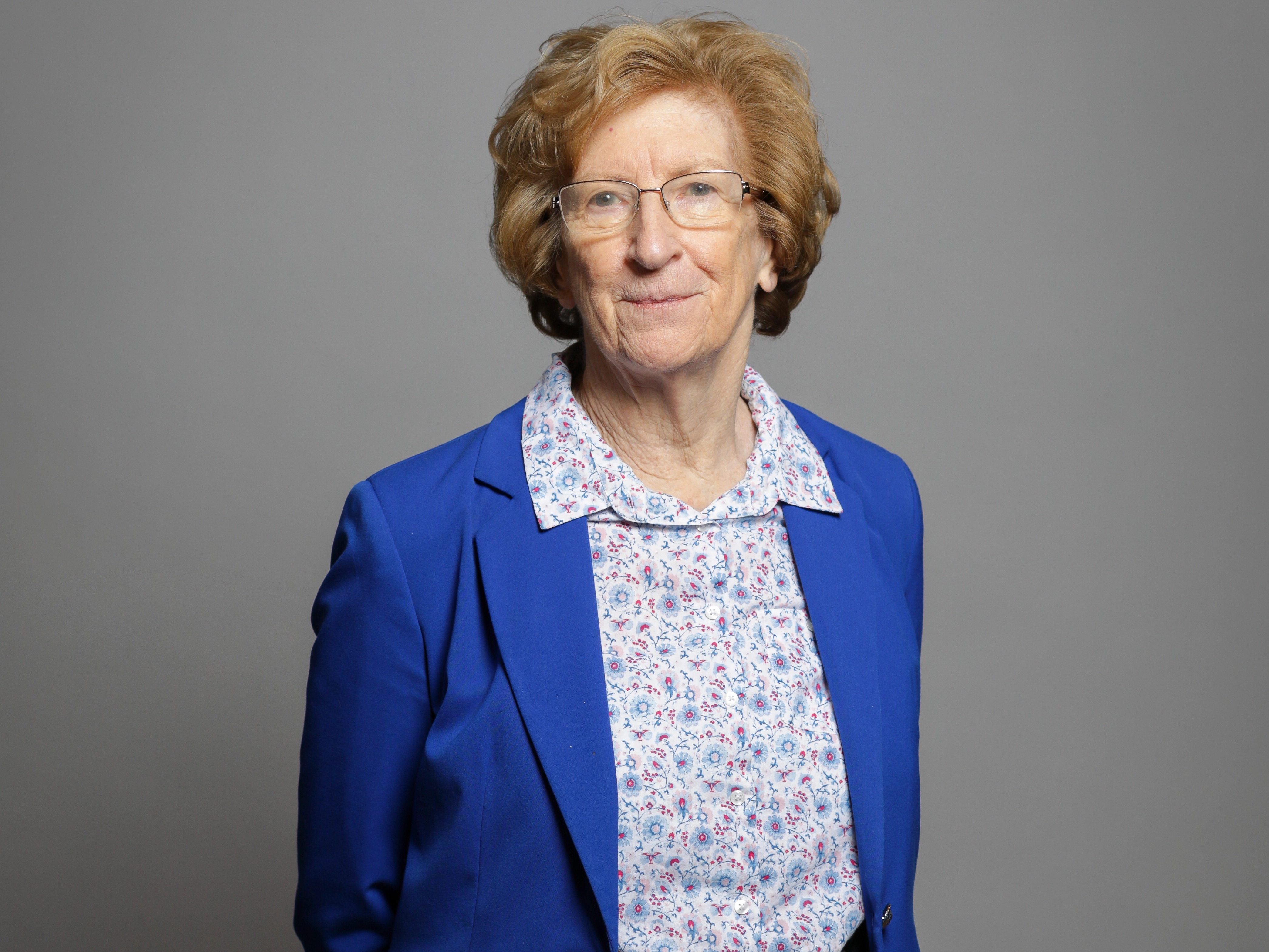A Catholic Bishop has urged members of Parliament to oppose an assisted dying bill, saying it would cross a moral line "that has never been legally crossed in our care of the sick and elderly since the foundation of our society."
Baroness Meacher, the chair of campaign group 'Dignity in Dying', which wants to see a change in the law to allow assisted dying, is proposing the Private Member's Bill on Wednesday. There will be no debate at this stage but a Second Reading along with a vote is likely in the autumn.
The Bill seeks to permit terminally ill, mentally competent adults who are deemed to be in their final six months of life to have access to drugs to end their life, pending the permission of two doctors and a High Court judge.
In 2018, Noel Conway (pictured), who suffers from motor neurone disease asked for permission to die when he has six months to live from the Supreme Court but it was rejected.
Bishop Mark Davis, the Catholic Bishop of Shrewsbury, said in a statement that a change in the law would harm the sick and aged: "The Bill comes at the end of a public health crisis where all our efforts have been directed towards safeguarding the vulnerable. During this past year we have been reminded how the true measure of a society is seen in how we safeguard and care for the sick, the aged and those nearing the end of their lives. To remove legal protections in legislating for assisted suicide, will take away a shield from some of the most vulnerable members of society.
"The language employed in seeking this seismic change in the law is one of compassion, knowing that no one is opposed to the relief of human suffering. However, the fact this legislation is being proposed in Parliament by the Chair of what was the Voluntary Euthanasia Society should leave us in no doubt as to the goal. This Society has failed in its aims since the 1930s and under the guise of promoting 'dignity in dying' we should not allow its campaign to progress by means of assisted suicide towards the medical killing of the sick and the aged."
The Bishop of Shrewsbury added that the Biblical commandment not to kill should not be tampered with.
"If Parliament were ever persuaded to legalise Assisted Suicide, we should be in no doubt as to the moral line that would be crossed. A line that has never been legally crossed in our care of the sick and elderly since the foundation of our society. The culture built on the commandment 'You shall not kill' has protected the most vulnerable, led to the development of the finest end of life care and never required of our medical and nursing professions that they assist in the suicide or the killing of their patients. I urge all those who value the sanctity of human life and desire the best care and support for the sick and the dying, to oppose this latest proposal to cross the line from caring towards killing."
Those who support a change in the law argue it is compassionate. Baroness Meacher, 81, wants to alleviate "intolerable suffering" among terminally-ill patients in England and Wales and overturn prohibitions under the 1961 Suicide Act, which makes it a criminal offence punishable by a prison sentence of up to 14 years.

Baroness Meacher
Baroness Meacher said the bill is "modest in its scope and yet its potential to transform all our lives and deaths for the better is colossal. This option would enable terminally ill, mentally competent people whose suffering is beyond the reach of palliative care to die well and on their own terms, should they choose it. And it would also provide invaluable comfort and control to countless more who may never avail themselves of this option but would be comforted by the simple fact of its existence. It is an insurance policy against intolerable suffering, and that benefits us all.
"Meanwhile, the current law thwarts open discussion between dying people, their doctors, friends and family, forcing people to suffer unbearably against their wishes or contemplate sedation, starvation, suicide or Switzerland. It is time for Parliament to act and thus improve the ability of all of us to lead happier lives in the knowledge that we will have some control over how we die, as is already available to an increasing number of citizens the world over."
It represents the third attempt in a decade to change the law on assisted suicide in Parliament.
The latest, the Marris Bill in 2015, was defeated at the Second Reading in the House of Commons by 330 to 118 votes.




